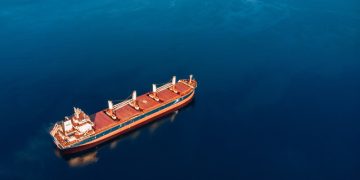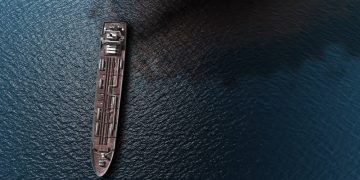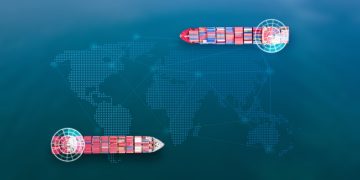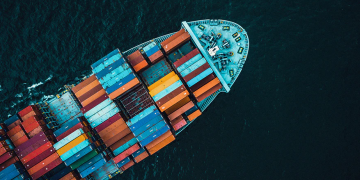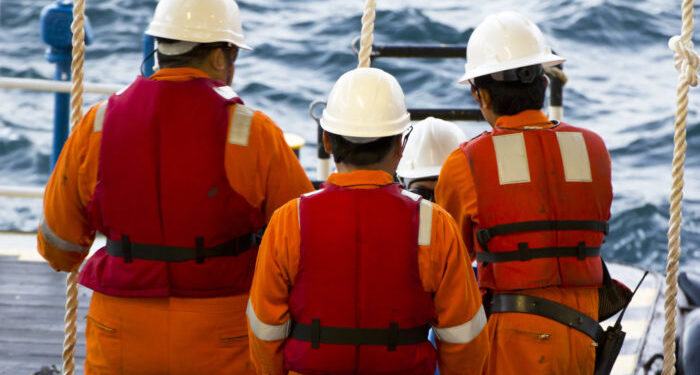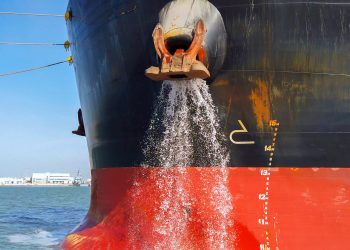Maritime Crew Resource Management (MCRM) training is of outmost importance for the shipping industry; it focuses on Bridge Resource Management and Engine Room Resource Management including performance monitoring, drills and exercises with simulators or videos and feedback procedures.
- Safety Management: Why SMS are important
- Safety Management: How can shipping companies become High Reliability Organizations?
- Safety Management: Safety Culture vs Safety Climate – What’s the difference?
- Safety Management: Measuring Maturity
- Safety Management: Why Quality is important among shipping organizations
- Safety Management: Why audits are important
- Safety Management: Learning about Safety Surveys
- Safety Management: Evaluating a Crew Resource Management training
- Safety Management: How post-incident reviews can be a useful tool
- Safety Management: How to define and measure KPIs effectively
This type of training was firstly introduced in aviation, as an action to prevent further human failures that may cause fatal accidents, like the one occurred at the Tenerife airport in 1977, when two aircrafts collided on the runway at Los Rodeos Airport killing 583 people, making it the deadliest accident in aviation history. CRM focuses on interpersonal communication, leadership, and decision making in the cockpit of an airliner. CRM training concepts have been modified for application to a wide range of activities where people must make dangerous time-critical decisions. These arenas include air traffic control, ship handling, firefighting, and medical operating rooms.
In maritime sector, the CRM training attempts to provide seafarers with knowledge that it is not limited to technical skills only, but focuses on knowledge, attitudes and skills which are important for enhanced safety in shipping operations.
With the 2010 Manilla Amendments to the STCW Code, IMO has made it a mandatory requirement for seafarers’ training to include MCRM courses. In order to comply with this requirement, Flag States, ROs and maritime academies provide both classroom-based and simulator-based courses and focus on a learning environment as close to reality as possible.
The 4 levels of MCRM training evaluation
To monitor the effectiveness of MCRM training, an evaluation system was introduced (by O’Connor, 2008) including the following four levels:
Level #1: Reactions
‘‘Was the training worthwhile?’’
The participants are requested to evaluate the courses according to their estimations. It is important to state if the lesson was worthwhile and helped them to better understand how to manage resources in order to conduct operations safely. Their answers should be given immediately after the course; in this way, organizations may evaluate their instant reactions to the subject they had attended.
Level #2 Learning
‘’Did participants acquire any knowledge with respect to skills & attitudes explained in MCRM?
The participants are evaluated based on what they have learned from the course so far, either through self-reports or with the use of multiple-choice quizzes. In this context, their answers should focus on course outcomes and therefore are important in order the organizations to realize whether the course covers adequately the knowledge related to the objectives, skills and scopes of MCRM.
Level #3: Behaviour
‘Did the training change behaviour?’’
According to some theories, when individuals learn new skills, an inevitable change in their behaviours is observed. The third level of MCRM training evaluation, focuses on the changes that have been occurred at participants’ behaviour.
Lately, many organizations prefer to use a behaviour-based management system which aims to indicate how the workforce complies with safety requirements and follows company’s safety culture. The elements that are mainly being checked are the ability to make decisions and the awareness of each individual in different and emergency situations. In this context, behaviours are assessed as positive or negative and above all, the top management encourages employees to act according to the desirable behaviour that leads to continual improvement.
Level #4 Organizational Impact
‘’Did the training influence performance?’’
This level of the evaluation process is considered to be the most important as it concerns the improvements that have been observed in the organization as a whole, by the time the MCRM training has been implemented. In essence, Organizational Impact indicates whether the MCRM is an effective concept and can result to future improvements in productivity and safety.
Concluding, it is of outmost importance for the crew members to gain skills that improve their behaviour and boost safety culture. Non-technical training models such as the MCRM training demonstrate that organizations have realized how human behaviour affects operations since it is an unpredictable factor when it comes to emergency situations. However, MCRM training must not be considered as panacea to human errors and operators should also take into account the organizational factors that should maintain in order to achieve safe maritime operations and continual improvement.





